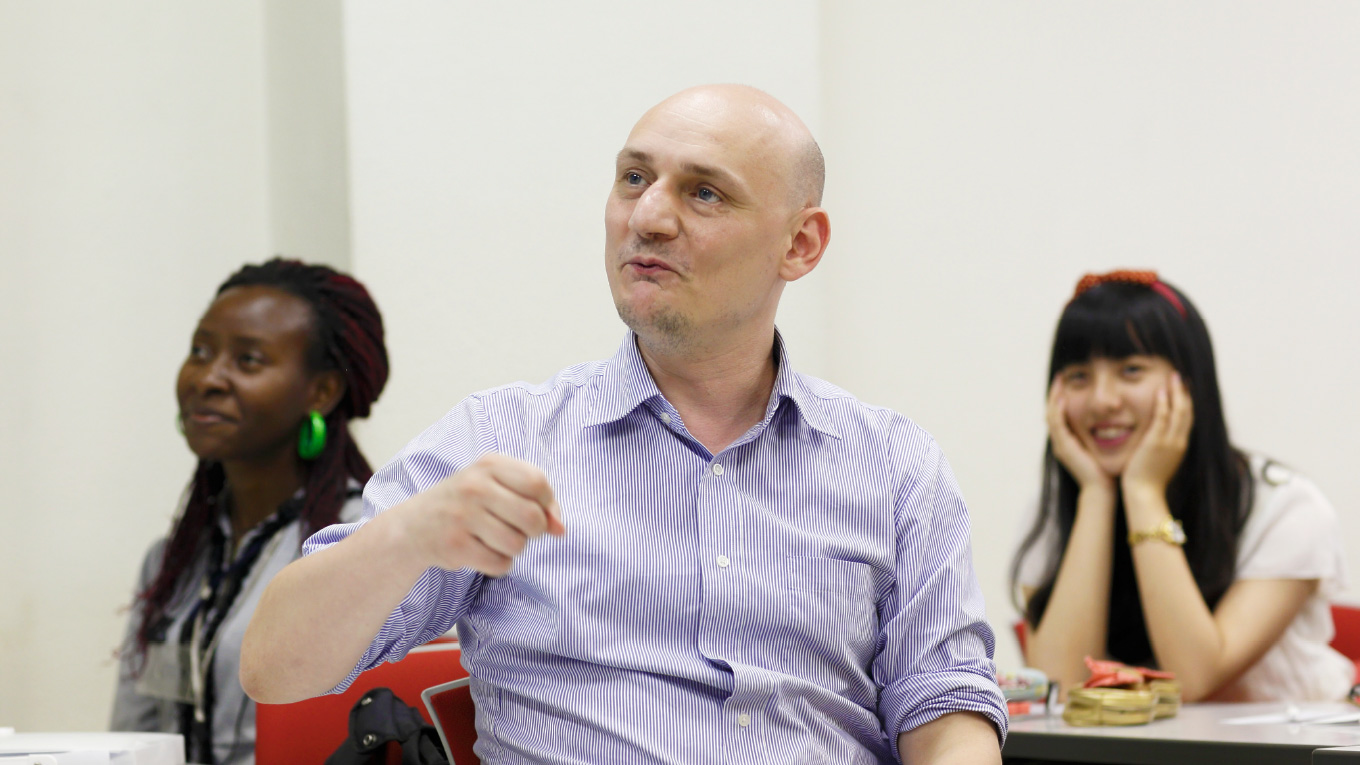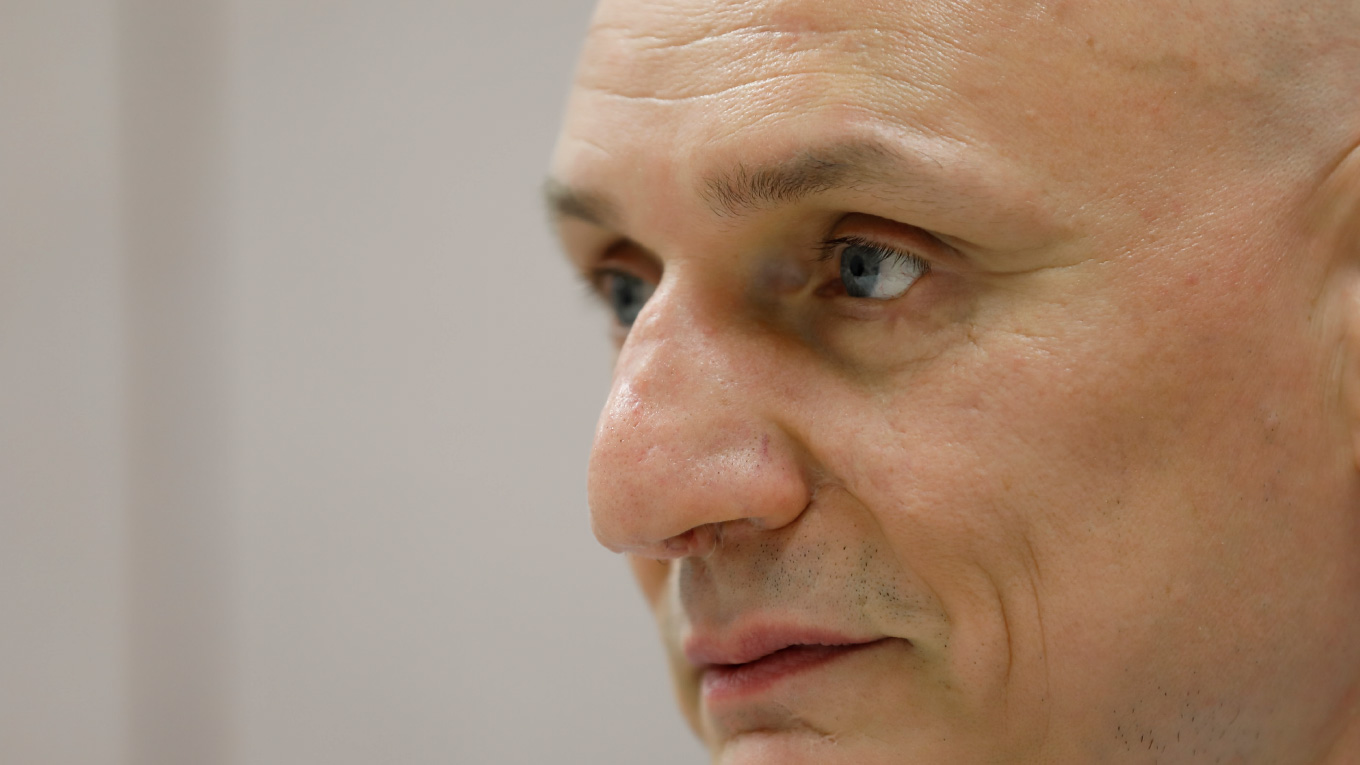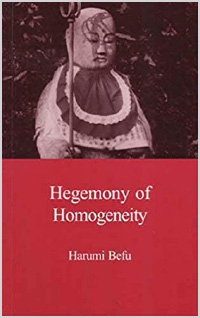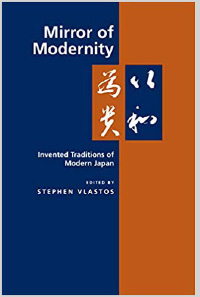Rediscovering Japan
An Accurate Knowledge of
One’s Own Country Facilitates Internationalization

RAJKAI Zsombor TiborProfessor, College of International Relations
What Is Unique About Japan
and What Does It Have in Common With Other Countries?
What does “rediscovering Japan” mean?
RajkaiOne may think that the College of International Relations is a place for learning about foreign countries only, but that is not the case. The students of this College also study Japan in depth. Japan is viewed anew from a different perspective. In other words, we “rediscover Japan.” I believe this is an important approach to the study of international relations. I research families from a sociological point of view. In my research, I sometimes feel that people in Japan do not always have a proper understanding of their country or culture. For example, certain customs that people think to exist in other countries too are actually unique to Japan.
For example, ordinary families in post-war Japan no longer hire servants (or domestic workers) to do the housework. Japan seems to be the only country in East Asia in doing so. In China and Singapore, for instance, it is not rare to see families hiring a domestic worker to do the housework. Thus the question is what makes Japan being different. You can rediscover Japan by comparing it with other countries.
There are also customs that people perceive as Japanese tradition, though these customs emerged rather as a result of modernization. For example, many people seem to believe that Japan in the past used to be a country where married couples got on well and rarely divorced, unlike today. But during the Edo period (1603–1868), the divorce rate was actually higher than today, and so was the number of children born out of wedlock. You can rediscover Japan also by comparing its present characteristics with its premodern conditions.
A True Global Talent Understands and Speaks
Correctly About His or Her Own Country
Why is it important to rediscover Japan?
RajkaiIf you do not know your country properly, you will be in a vulnerable position in the international community, unable to fully express your own position. In Japanese education, when people say internationalization they are usually talking about the use of English. Of course, it is important to be able to express your opinion in English, but “internationalization” is far off if you are saying things without having a proper understanding of the actual conditions. I believe it is very important for Japan to develop true global human resources who can both understand and speak correctly about their own country.
In the College of International Relations, students can learn in detail about what is really unique about Japan and what is common to other countries. This can hardly be learned in high school. In the Japanese Culture class that I am in charge of, the students learn, among other things, how people in Japan have perceived themselves—in other words, how their self-image has evolved—since the Meiji period (1868–1912). All my classes are conducted in English, but many Japanese students take them too. There are a lot of opportunities for both Japanese and foreign students to exchange views on various topics concerning Japanese culture, enabling them to rediscover Japan from a more diverse perspective.

Reading the Diversity of Paths of
Modernization From a Sociological Perspective
Why did you start to research sociology in Japan?
Rajkai I was born in a small town in Hungary in the early 1970s during the Cold War. I could never have imagined going to Japan in the future. But my interest in foreign countries started early. First I learned German by taking a school language course my mother enrolled me in when I was 8, then my interest in foreign countries led me to start learning Russian from the age of 10 (which was also compulsory at the time) and English at the age of 14. When I was in high school, I became interested in non-European countries such as China and Turkey, and I also learned their languages. But since I lived in a small town, people hardly could understand my motivations. After entering Eötvös Loránd University in Budapest, I first majored in English and German, before changing my major to Turkish and Chinese in my second year. I also studied linguistics and history. I was 27 years old when I came to Japan as a government-sponsored international student to study sociology.
I chose sociology because I was more interested in people than language, and also because I wanted to study people in a holistic way. I am now conducting comparative research on the diversity of paths to modernization from a sociological point of view in a wide range of regions, from East Asia to Central Asia, and Eastern Europe.
I sometimes talk to students in class about the way I managed to become the person I am now. I use these talks as an opportunity for each student to discover his or her own self. I hope that students from various countries will find their new selves in the College of International Relations.

For Those Interested in Rediscovering Japan: BOOKS
Eiji Oguma
A Genealogy of Japanese Self-Images
Trans Pacific Press
Harumi Befu
Hegemony of Homogeneity:
An Anthropological Analysis of Nihonjinron
Trans Pacific Press

Stephen Vlastos (ed.)
Mirror of Modernity:
Invented Traditions of Modern Japan
University of California Press
